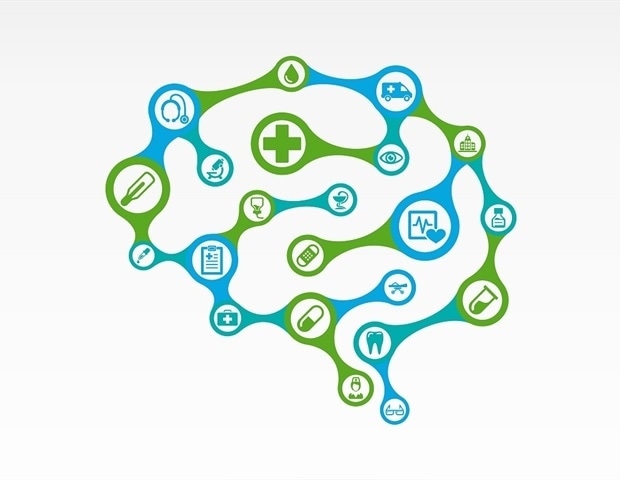Digital interventions can help relieve depressive symptoms
With a shortage of therapists, help with mental health problems is being sought from digital interventions, where elements of psychological treatment are offered via computer programs or mobile applications. According to a study, smart devices can help identify people with symptoms of depression and anxiety.
Every year, 400 million people worldwide are affected by depression or anxiety, and the coronavirus pandemic has only increased the prevalence of mental health problems. At the same time, there is a shortage of psychotherapists. Digital interventions, where elements of psychological treatment are offered via computer programs or mobile applications, have been proposed as a solution.
In his doctoral thesis in the field of psychology, researcher Isaac Moshe investigated the effectiveness of digital interventions in treating mental health problems, with depressive symptoms in particular focus.
Tracking depression and anxiety with smart devices
One sub-study in the doctoral thesis examined whether symptoms of depression or anxiety can be identified from data collected by smartphones or wearable devices. A total of 60 adults who used an iPhone or an Oura Ring took part in the sub-study.
Based on the study, smartphone GPS data was predicted the user's depressive symptoms. Subjects who visited the same locations repeatedly had more depressive symptoms than those whose location had more variability. The data collected by smart rings indicated that the longer the person slept or spent time in bed on average, the more depressive symptoms they had. The ring data also revealed that the more frequently people woke up at night, the more symptoms of anxiety they had.
This study contributes to a growing body of evidence on how data from smartphones and wearable devices might be used to identify people with symptoms of depression and anxiety. Although the use of data collected by smart devices is new to the mental health sector, it is not unrealistic to imagine a future where data like this is used, for example, to alert doctors to changes in their patients' health status or to help people monitor their own mental health."
Isaac Moshe, Researcher
Digital interventions alleviate depressive symptoms
The most extensive sub-study of the doctoral thesis was an international collaboration that assessed the effectiveness of digital interventions in treating depression by conducting a meta-analysis of all previous studies. Digital interventions typically include videos, interactive exercises or text to deliver the core components of psychotherapy, which are then packaged into an online program or smartphone app.
The dataset was composed of 83 randomized controlled trials conducted between 1990 and 2020 involving 15,530 participants.
The findings indicate that digital interventions brought relief from depressive symptoms when they were offered in public or private healthcare settings. Digital interventions alleviated symptoms in people of all ages, regardless of depression severity or physical comorbidity.
Moshe points out that there are important caveats: in children and adolescents, digital interventions were less effective than in adults. Having human support alongside the digital interventions was also critical to people completing the programs and therefore getting the maximum benefits. Furthermore, the researchers felt that it was unclear whether digital interventions were indeed as effective as face-to-face psychotherapy, as so few comparative studies on the topic have so far been conducted.
Moshe believes that, overall, digital interventions could provide a valuable way to help meet the growing global demand for mental healthcare.
"They lower the barrier to accessing treatment, enabling anyone with a computer an internet connection to benefit from psychotherapy at a time and place that is convenient to them. Digital interventions also require much less time from therapists than traditional therapy, making it possible to shorten waiting lists and treat more people."
Helsingin yliopisto (University of Helsinki)
Posted in: Device / Technology News | Medical Condition News
Tags: Adolescents, Anxiety, Children, Coronavirus, Depression, Healthcare, Medicine, Mental Health, Pandemic, Psychology, Psychotherapy
Source: Read Full Article
